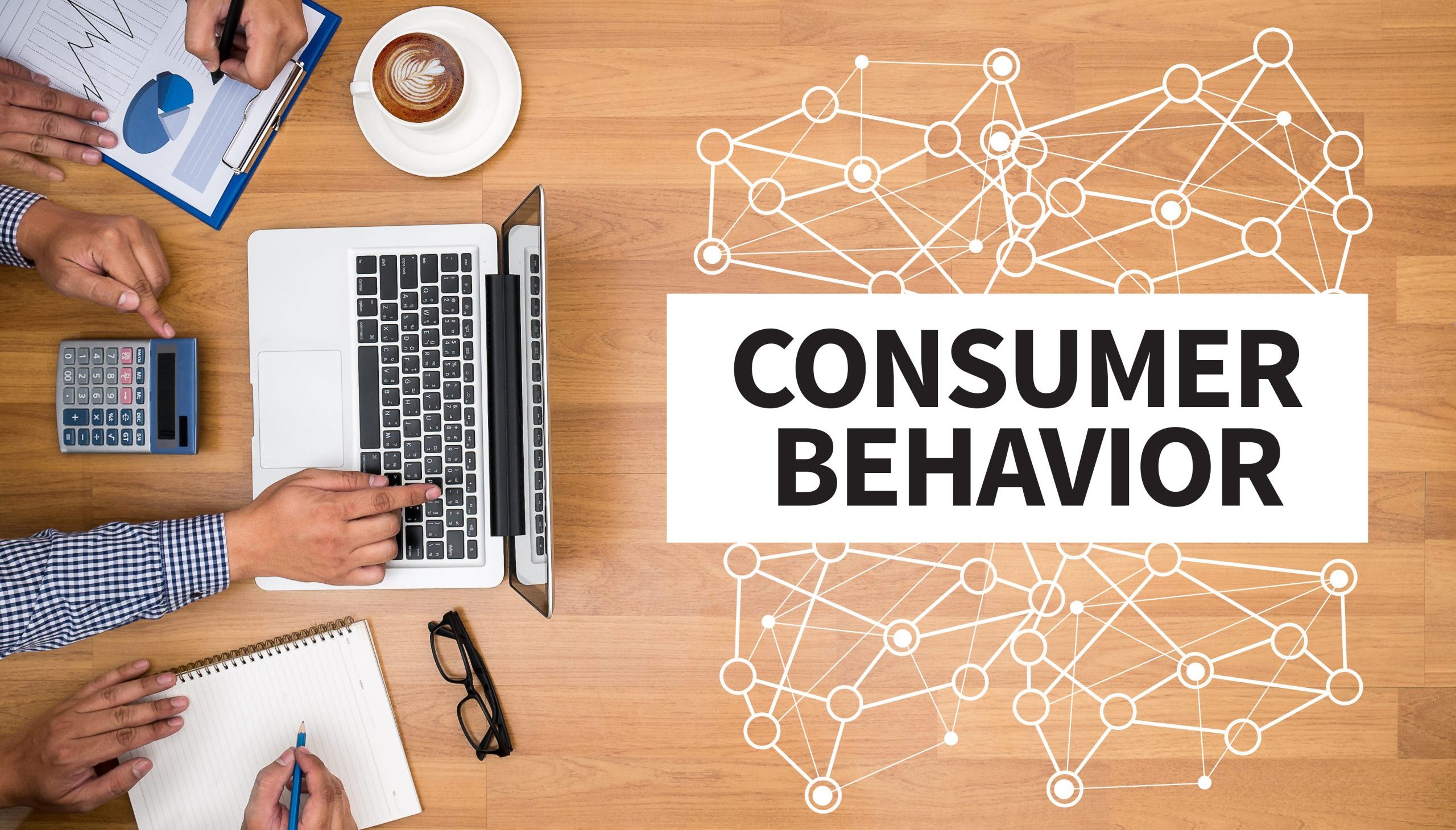Creator, influencer, celebrity: these are just some of the terms being thrown around these days by marketers and consumers alike. We often see these terms in social media since they are used for social media marketing. But if we think about it, do we know the difference?
There are numerous ways on how to know if you are an influencer, a creator, or neither. Whether you are on the buying or the selling side of the equation, it is still important to get your terms right. The most common term is “celebrity,” it is a good place to begin because it is the term that is most similar to, and confused with, influencer.
It actually makes sense to get these two confused because they share a lot of similarities, the most common being that they are people who are widely known. But despite their similarities, they differ in a few ways. Influencers are stars who are self-built, and they use social media. Celebrities, meanwhile, are stars whose platforms were built by traditional channels. In other words, influencers become famous by marketing themselves on social media, while celebrities become famous by being marketed by others through film and TV.
Influencers are seen as a self-made star because they use digital platforms to craft their own PR and entrance into the public consciousness. While celebrities often remain elusive in the eyes of others, influencers do the opposite. When an influencer becomes famous, they create a connection with their audience, which makes the audience feel like they know the influencer.
This is why in the 2016 Twitter study; it was found out that people trust their favorite influencers when they endorse a certain product. Combining the self-marketing prowess and global reach that is social media stardom, along with the credibility of appearing to be your true self at all times, influencers have been highly effective marketers.
In addition to the term influencer, there is a division between micro- and macro-influencers. Macro-influencers are the kinds of characters that you typically think of when you hear the term social media influencer. There are social media stars with large audiences that are comprised of many different cultural subsets. While they are listened to by many, they are not typically authoritative in any one subject.
In contrast, micro-influencers typically have under 100k followers, but they are seen as passionate authorities in their areas of influence. Though they are less broadly popular than Macro-Influencers, they have more audience in their specific arena, with studies showing that they have an incredible impact on other’s purchasing decisions. They are not known names, but for those who know them, their words have an impact.
Creators are on a different category because when a creator’s work is widely recognized, they gain influence while an influencer can often use their spotlight to be showing their work. You can be a creator and an influencer at the same time. The differences will depend on what you can offer or what marketers or companies are looking to hire.
When it comes to history, creators have been around for a long time. They have been present since art was made and their content has always been in production. What is important to take note is those creators are not reliant on a particular platform. While an influencer may have followers on Twitter but lack it on Instagram, a creator makes their content regardless of the platform, while perhaps tweaking it for distribution on any specific platform. The term implies the possession of a creative toolset, regardless of form, platform, content, or purpose.
Unlike an influencer whose power is correlated to the number of people that they have as an audience; a creator may prove hugely valuable to a brand despite having little prior engagement. A creator’s quality is different because it does not concern audience size since art does not work that way.
While influencers tend to be good at self-marketing, creators are not necessarily as skilled in that area. They have the know-how and the tools to create something great for a brand, but they may not have a brand themselves. Unlike Influencers, you can’t find the most effective creators for the job by simply following the most popular accounts.
Whether you are selling services or buying someone else’s, it is crucial to know the terms to describe what it is your transaction concerns. Given the explosion of creator and influencer focused marketing, there is a large change that we will all come into contact with one side of the equation.




